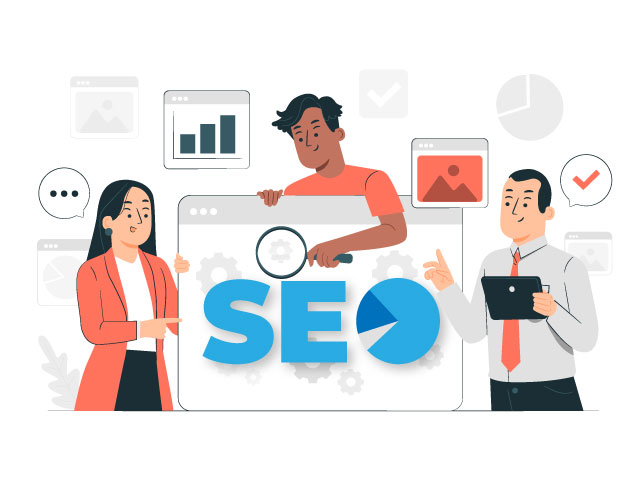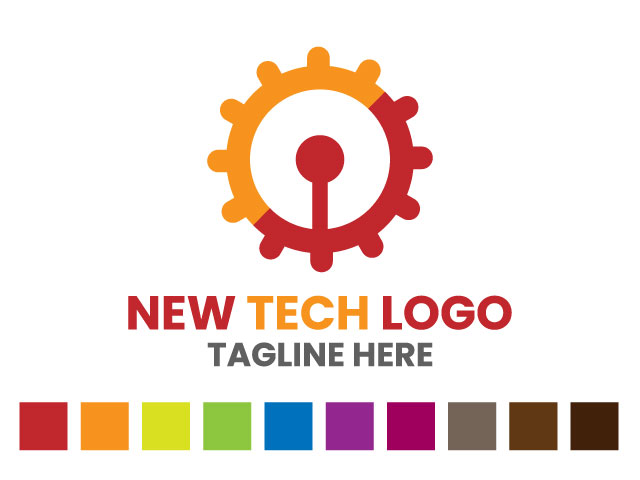Easy Ways to Earn Money by Designing Graphics, Graphic design has evolved into a lucrative…

SEO is Crucial for Online Success
Introduction
In today’s digital age, “SEO is Crucial for Online Success” starting an online business can be incredibly lucrative. But to succeed, you need more than just a great idea—you need visibility. This is where SEO (Search Engine Optimization) comes into play. By optimizing your online presence, you can attract more visitors, convert them into customers, and grow your business sustainably. Let’s dive into how you can create an SEO-friendly online business.
- Understanding SEO
- What is SEO?
SEO stands for Search Engine Optimization. It’s a set of strategies and techniques aimed at increasing the visibility of a website on search engines like Google. When done right, SEO helps your website rank higher in search results, driving organic (non-paid) traffic to your site.
Why SEO is Crucial for Online Success
Imagine having a beautiful store in the middle of nowhere. No matter how great your products are, if no one knows about your store, you won’t make any sales. SEO is like putting your store on a busy street, where potential customers can easily find you. It ensures that your online business gets noticed by the right people at the right time.
- Choosing the Right Niche
- Importance of Niche Selection
Selecting the right niche is the foundation of your online business. A well-defined niche helps you target a specific audience, making your marketing efforts more effective. It also reduces competition and allows you to establish yourself as an authority in that area.
How to Identify Profitable Niches
To find a profitable niche, start by brainstorming your interests and skills. Use tools like Google Trends, keyword research tools, and online forums to see what people are searching for and discussing. Look for niches with high demand but relatively low competition.
- Keyword Research
- What is Keyword Research?
Keyword research is the process of finding and analyzing the search terms that people enter into search engines. These keywords guide your content creation and SEO strategy, helping you align with what your potential customers are looking for.
Tools for Effective Keyword Research
Several tools can help you perform effective keyword research. Some popular ones include Google Keyword Planner, Ahrefs, SEMrush, and Moz. These tools provide insights into search volume, competition, and related keywords.
Long-tail vs Short-tail Keywords
Long-tail keywords are longer, more specific phrases (e.g., “best vegan protein powder for women”) that often have lower search volume but higher conversion rates. Short-tail keywords are broader terms (e.g., “protein powder”) with higher search volume but more competition. Using a mix of both can optimize your reach and effectiveness.
- On-Page SEO
- Importance of On-Page SEO
On-page SEO involves optimizing individual web pages to rank higher and earn more relevant traffic. It includes elements like content, HTML source code, and site architecture.
Optimizing Title Tags and Meta Descriptions
Title tags and meta descriptions are critical for on-page SEO. Your title tag should be compelling and include your primary keyword. The meta description should provide a brief, enticing summary of the page content, encouraging users to click through.
Using Header Tags Effectively
Header tags (H1, H2, H3, etc.) structure your content, making it easier for search engines to understand. Use them logically, with the H1 tag for the main title and subsequent tags for subheadings.
Importance of Keyword Density
While keywords are essential, overusing them (keyword stuffing) can harm your SEO. Aim for a natural keyword density, typically around 1-2%, ensuring that your content reads smoothly and naturally.
- Off-Page SEO
- What is Off-Page SEO?
Off-page SEO refers to actions taken outside your website to impact your rankings within search engine results pages (SERPs). This includes backlinks, social media marketing, and influencer outreach.
Building High-Quality Backlinks
Backlinks are links from other websites to your own. They signal to search engines that your site is credible and authoritative. Focus on earning backlinks from reputable sites related to your niche.
Social Media’s Role in SEO
While social media signals don’t directly affect SEO, a strong social media presence can drive traffic to your site and improve your overall online visibility. Engage with your audience on platforms like Facebook, Twitter, and Instagram to build your brand.
- Creating Quality Content
- Importance of Quality Content
Content is king in the world of SEO. High-quality, relevant content attracts and retains visitors, encouraging them to engage with your site and share your material.
Tips for Writing SEO-Optimized Content
- Start with thorough keyword research.
- Write for your audience, not for search engines.
- Use clear, engaging headlines.
- Include internal and external links.
- Optimize images with alt text.
The Role of Blogging in SEO
Blogging is a powerful way to add fresh content to your site regularly. It allows you to target a variety of keywords, provide valuable information to your audience, and establish your authority in your niche.
- Technical SEO
- Understanding Technical SEO
Technical SEO involves optimizing the backend of your site to help search engines crawl and index your content more effectively. This includes site speed, mobile-friendliness, and structured data.
Site Speed and Mobile Optimization
A fast-loading, mobile-optimized site is crucial for user experience and SEO. Use tools like Google PageSpeed Insights to identify and fix performance issues. Ensure your site is responsive and works well on all devices.
Fixing Broken Links and Errors
Broken links and errors can harm your SEO. Regularly audit your site for broken links, 404 errors, and other issues. Use tools like Screaming Frog and Google Search Console to identify and resolve these problems.
- Local SEO
- What is Local SEO?
Local SEO focuses on optimizing your online presence to attract more business from relevant local searches. It’s essential for businesses with a physical location or those that serve specific geographical areas.
Importance for Online Businesses
Even if your business is entirely online, local SEO can help you target customers in specific regions, increasing your relevance and visibility.
Optimizing for Local Search
- Claim and optimize your Google My Business listing.
- Use local keywords in your content.
- Get reviews from local customers.
- Ensure your name, address, and phone number (NAP) are consistent across the web.
- **Using Analytics and Tools**
Importance of Analytics in SEO
Analytics help you understand how your SEO efforts are paying off and where you can improve. They provide insights into traffic sources, user behavior, and conversion rates.
Google Analytics and Search Console
Google Analytics and Search Console are essential tools for tracking and optimizing your SEO performance. They offer detailed reports on website traffic, search queries, and technical issues.
Other Useful SEO Tools
Besides Google’s tools, consider using Ahrefs, SEMrush, Moz, and Yoast SEO to enhance your SEO strategy. These tools offer various features, including keyword research, backlink analysis, and on-page optimization.
- Staying Updated with SEO Trends
- Importance of Keeping Up with Trend
SEO is constantly evolving. Staying updated
Thank you for watching my website , please comment here and including your mind.




This Post Has 0 Comments